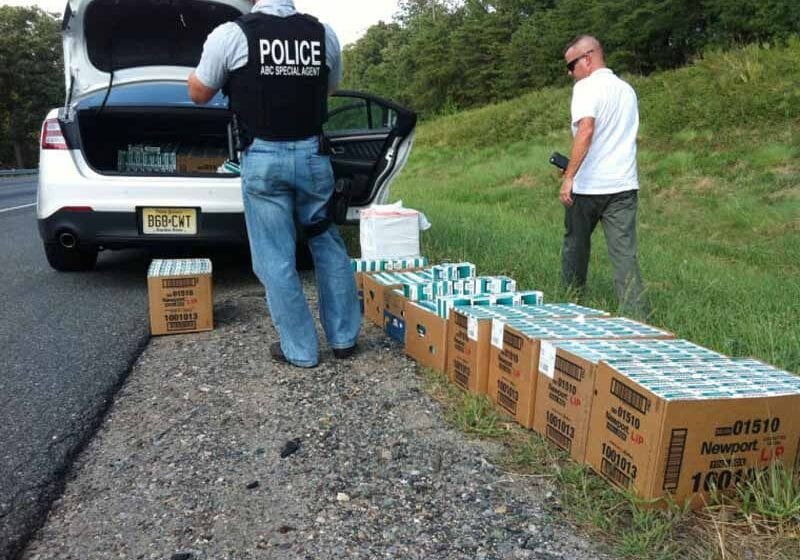Canada’s National Coalition Against Contraband Tobacco (NCACT) yesterday published the results of a study showing that 31 percent of cigarettes purchased in Ontario were illicit.
“With about 1 in 3 of all cigarettes purchased in the province being illegal, Ontario has the worst contraband tobacco problem in the country,” said Gary Grant, the national spokesperson for the NCACT, in a statement issued through Canada Newswire. “This incidence has remained relatively stable now for a number of years, and is a reminder that the provincial and federal governments must take real action to address the problem.”
Contraband was found to be highest in Northern and Southern Ontario, where illicit cigarettes represented 59 percent and 34 percent of all cigarettes purchased. In addition, about 1 in 5 of the cigarettes bought in the GTA [greater Toronto area] and Eastern Ontario, including Ottawa, were illicit.
The survey of 1,500 adult smokers in Ontario was conducted by the market research group, GFK, over a 12-week period ending on July 23. Respondents were asked through a continuous online tracking study about their cigarette purchases during the past seven days.
“We shouldn’t accept high contraband tobacco rates as a given, nor should we assume that the problem will go away on its own,” said Grant. “Other provinces such as Quebec have shown that meaningful anti-contraband tobacco enforcement can have a real impact. Quebec’s Bill 59 and Acces Tabac program, which increased powers to local law enforcement agencies and provided them with the resources they need to investigate illegal tobacco, reduced contraband levels by about 50 percent. This has left more money in the provincial treasury and less in the pockets of organized crime.”
The statement said that the RCMP estimated that there were about 175 organized crime groups involved in the illegal cigarette trade. They used the profits from cigarette smuggling to finance their other illegal activities, including guns, drugs and human smuggling.
The contraband tobacco trade was said to be fueled by 50 illegal cigarette factories, based mostly in Ontario and Quebec, each of which could produce as many as 10,000 cigarettes a minute.
“Given the size of the illegal cigarette market in Ontario, governments should also be cautious about how illegal cigarette manufacturers will benefit from the introduction of the plain packaging regulations currently being considered by the federal government,” said Grant. “Taking contraband tobacco off our streets makes cigarettes harder to get and hurts organized crime. That’s a real win.”








